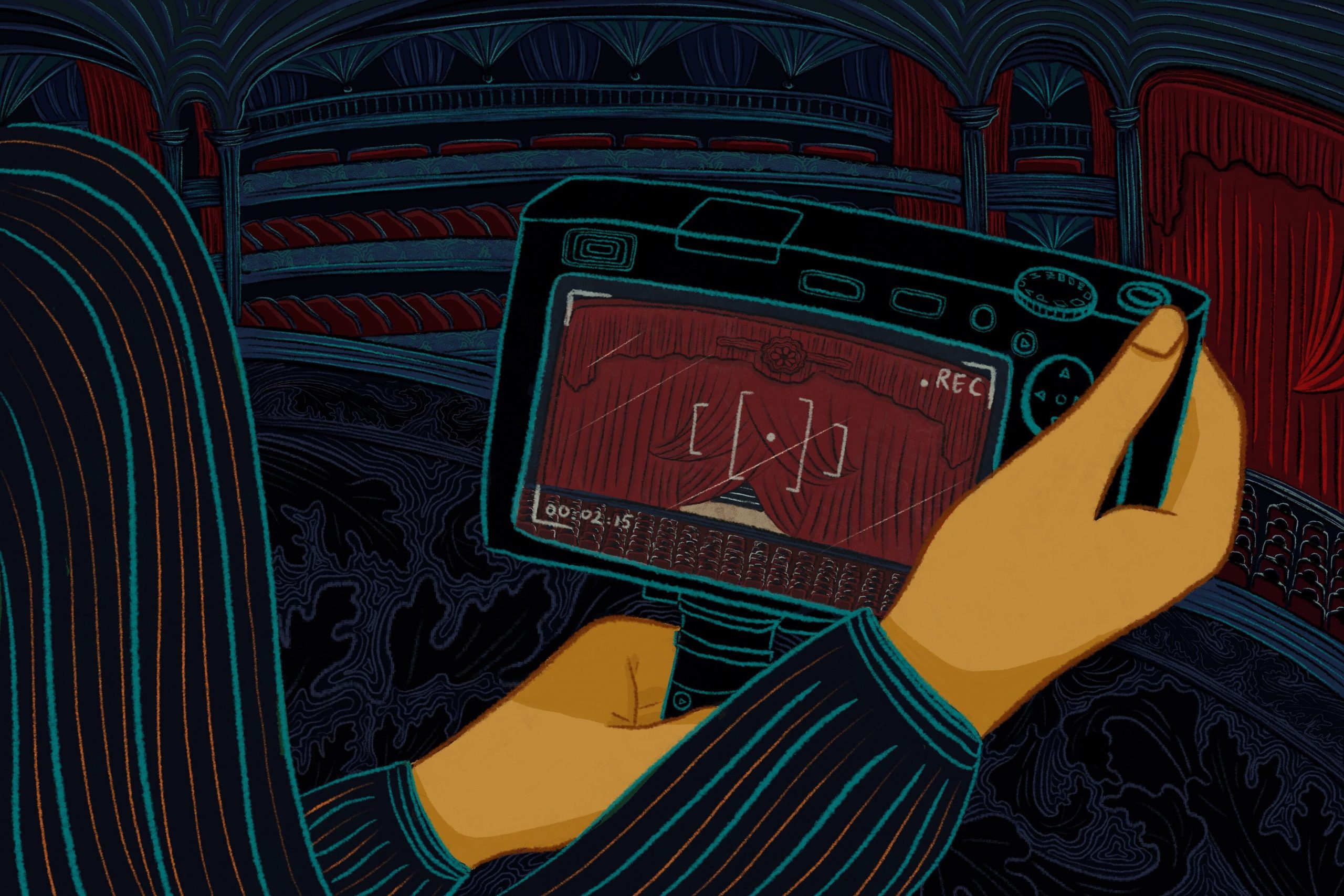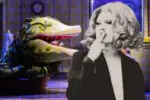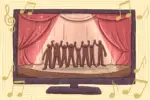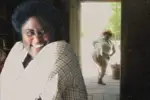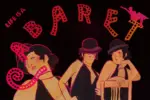For years, theater fans and creators have waged a heated debate over videos known as bootlegs. They range in length from one song or scene to a full performance, and they are usually circulated via the web, posted on websites like YouTube or file-shared from person to person.
Broadway actress Patti Murin reignited the debate last month when she alleged on Twitter that bootlegs would prevent Broadway from coming back from its coronavirus-induced hiatus. Gross exaggeration, or ominous warning?
Well, it’s a bit of both.
No, because then Broadway will never come back https://t.co/bjg8dteZmn
— Patti Murin (@PattiMurin) May 19, 2020
When attending a live performance, the audience is told that all photography and video recordings of any kind are prohibited. It is not just because flashes are distracting; if you are a local theater who wants to perform, say, “Mamma Mia!,” you have to make an arrangement with a licensing company. They will then give you the legal right to perform the show and ensure its creators are properly compensated.
Often, the licensing agreement includes permission to film and/or photograph the production, strictly for promotional purposes. Licensing companies will retaliate if the agreement is broken. For shows currently performing on Broadway or on tour, which are the more frequent targets of bootlegs, the same logic applies. Choreography and set design are also copyrighted and can be licensed the same way as the script and score.
Because bootlegs are copyright violations, creators aren’t compensated for them. As such, the theater industry tends to oppose them. While film and TV rake in big bucks for everyone involved, the same is not true in theater. Licensing allows productions to live on and continue to make money.
Since Broadway productions usually don’t have a closing date, the producers need to be able to both recoup on their initial investment and handle all the operating costs from week to week, such as paying actors and theater staff. Bootlegs don’t allow either.
Money is key in theater, because shows, especially Broadway shows, are crazy-expensive to produce. Tickets have to be comparatively expensive to make a profit. For the 2018-2019 season, the average price for a Broadway ticket was $124, though many of the shows had an average individual price of less than $100. (To be considered a “Broadway” theater, it must have at least 500 seats; imagine the ticket prices for large-scale productions with limited runs in smaller theaters.)
On top of the cost, professional theater is mostly concentrated in the small geographic area of New York City. It can be hard to attract non-theater fans and tourists, especially for original or more experimental works that don’t have big names attached to them. The main argument against bootlegs, then, comes from the fear that they replace the experience of needing to see a show live, and therefore detract ticket sales from a production.
Most bootlegs are of one of the following:
— Broadway productions, past or present.
— Off-Broadway productions, past or present.
— Touring productions of famous shows, past or present.
— Productions of shows starring big-name actors, e.g., the annual productions performed at The Hollywood Bowl, featuring star-studded casts of both Broadway and Hollywood actors.
The common thread? Specificity. Bootlegs allow people who are unable to attend productions with specific casts the ability to watch them. Many who watch bootlegs argue that they often discover shows or actors through watching productions for free online. If they enjoy it, they will buy cast recordings, merchandise or tickets.
I'm a huge theatre fan. Have always supported live theatre with my actual money. And will do when this is over.
Have I watched bootlegs? Yeah. Will I continue watching them? Yeah. They will never replace live theatre for me, they've only ever supplemented.— Sally Nicholson (@Sal_Nics) May 20, 2020
It is the same argument used to call for the release of legally filmed productions, which exist for one of three reasons.
The first is for the promotional purposes discussed above. Clips for a show’s TV ad are taken from a filmed performance.
The second is for archival purposes. The New York City Public Library has a Theatre on Film and Tape Archive, which records performances of major New York productions for research and education. Most theater companies keep records of the shows they produce. With permission from the licensing company, they can be sent to the cast and crew. Actors use them to make demo reels, which helps book future gigs.
The third is so they can be released to the general public. Normally, they are productions already filmed for one of the above reasons. They air on television or are sent to movie theaters for special one or two-night releases. The releases accomplish the exact same thing as bootlegs, but whereas producers gain nothing from bootlegs, they do from these.
In fact, one way theaters and producers have been making money during the pandemic is by releasing their filmed productions in a streaming format. It’s the best of all worlds: People are compensated for their work, bigger audiences are drawn in, local businesses are supported and people still get to enjoy theater.
https://twitter.com/julielouisa42/status/1262862013790924801
The arts will be one of the last sectors to recover from the pandemic. While shows with small casts are cheaper to produce, they often do not have the name recognition of bigger productions, like “The Crucible,” which means smaller crowds. You then have to worry about the financial gain of such a project.
Paying a crew and actors for one or two performances, filming it and then releasing it to a wide audience for a flat fee sounds like a much less risky way to make money, doesn’t it? This is what Murin is really expressing fear over.
This isn’t to say you should stop watching streamed productions; they are a great way to expose yourself to work you wouldn’t normally see, which is the point. But if you do watch filmed theater, whether it is for free on YouTube or paid for on a platform like BroadwayHD, you need to find a way to support it live, too. Otherwise, there is a good chance Broadway will never fully recover from the pandemic.


